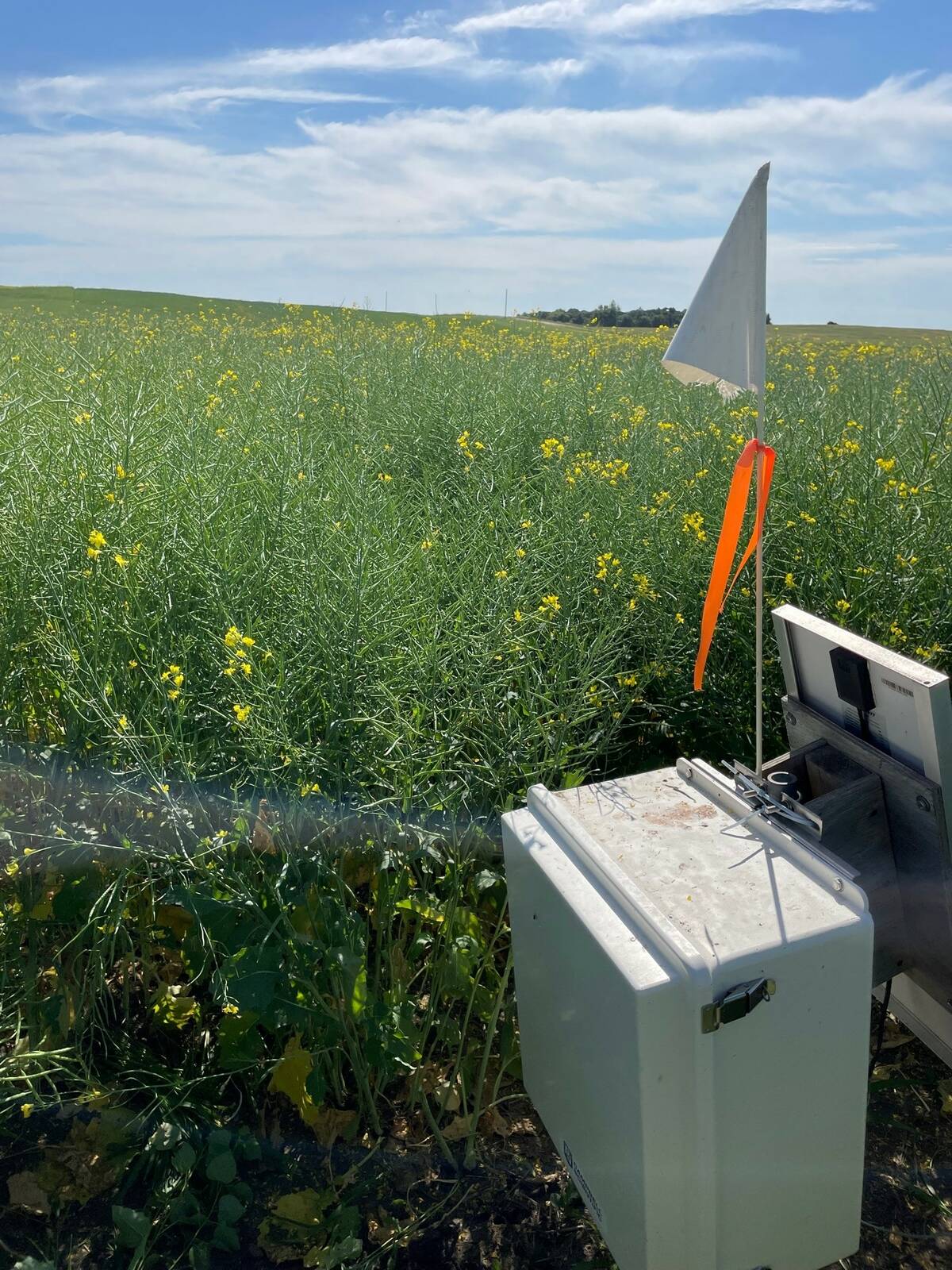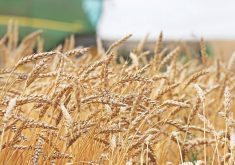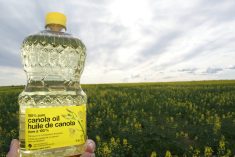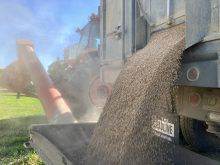Swiss agrochemicals group Syngenta expects crops output in Ukraine to slump substantially this year, it said March 31, as it announced fourth-quarter results.
“We hope to be able to save around two-thirds of what would normally be possible,” a spokesperson said, referring to the Ukrainian crops harvest. “We definitely don’t expect a total failure.”
The Chinese-owned group, which aims to raise around US$10 billion from an initial public offering, sells both crop protection products and seeds.
Read Also

Where’s the water? RISMA knows
National soil moisture sensor network gives real-time data for Manitoba farmers fighting more frequent drought or flood.
It said it was now selling these at the price of cost in Ukraine to ensure as high a harvest as possible.
“We are on the brink of a global food crisis,” CEO Erik Fyrwald said in a post on the careers social media site LinkedIn, referring to the destruction of infrastructure, disruptions of transport and land and water contamination which he said were making it impossible for farmers to work.
Outside of conflict, the current growing season was also being affected by unprecedented floods, droughts and high levels of pest infestation, he said.
Ukraine is a major global agriculture producer and exporter, and Russia’s invasion of the country is expected to sharply reduce the 2022 harvest, with Agriculture Minister Roman Leshchenko telling Reuters its spring crop-sowing area may more than halve this year.
Syngenta employs around 730 people in Ukraine and about 800 in Russia. It said it has no plans to withdraw from Russia. Crop production is not subject to various sanctions imposed on Moscow.
On a revenue basis, it said Ukraine and Russia each accounted for less than two per cent of group sales.
Across the group, it said fourth-quarter sales increased by 17 per cent to US$7.2 billion as it benefited from farmers investing in seeds and sprays to boost production.
It said it had increased revenue generated from its training centres in China, where it added 167 new sites in 2021 to take its total to 492.
The sites train farmers in the latest agricultural techniques as well as supply equipment, seeds and pesticides.
Syngenta said it had continued to manage its supply chain in the face of procurement and other problems.














